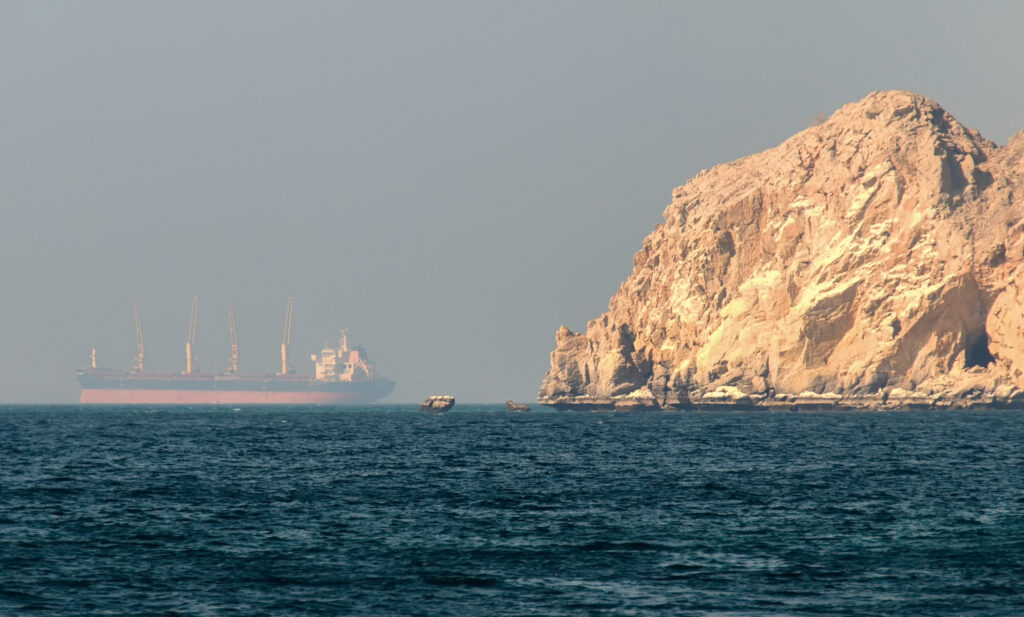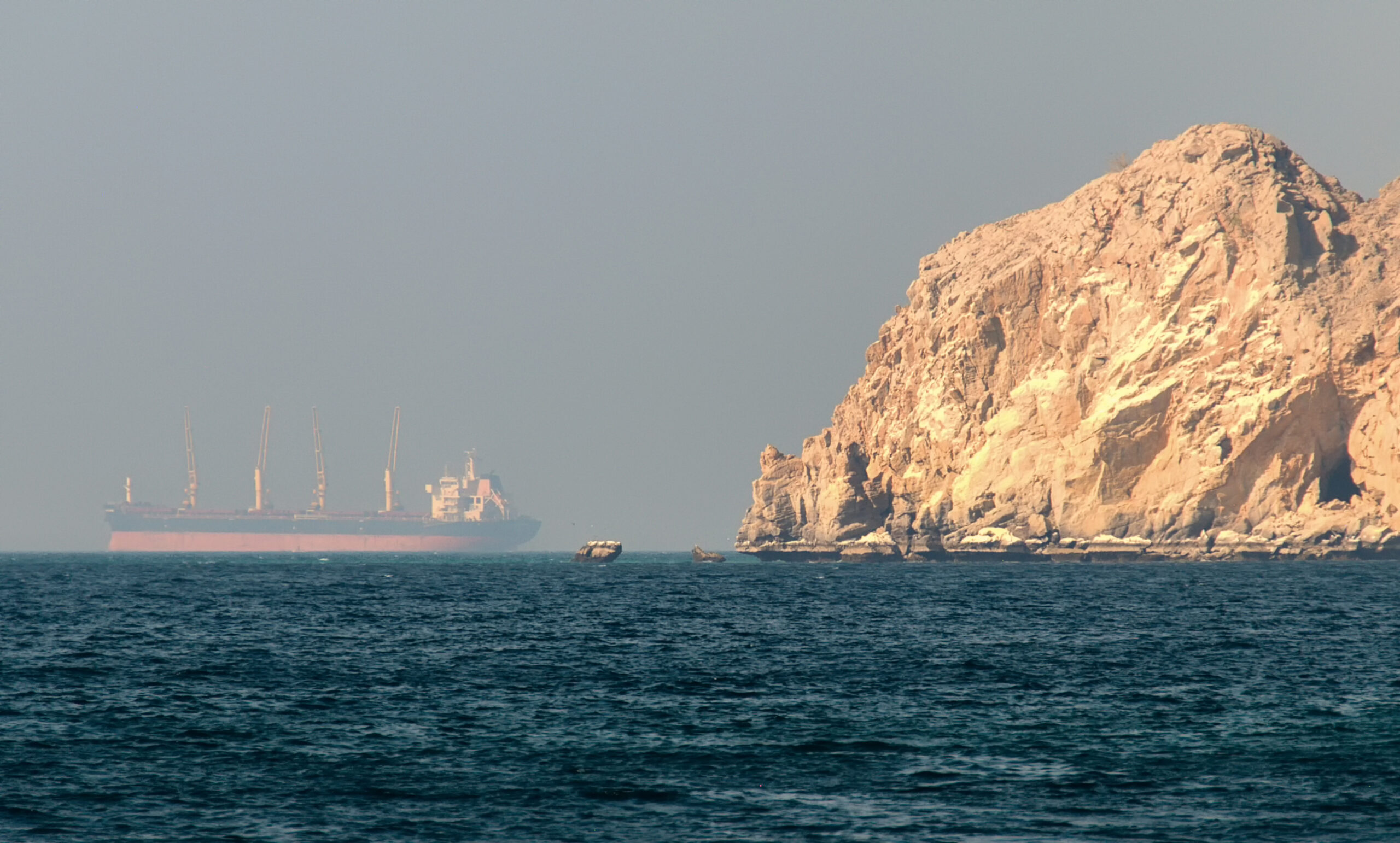
Approximately 970 ships per day have experienced GPS jamming in the Arabian Gulf and Strait of Hormuz over the past four days, according to data from the Maritime AI™ company Windward on June 19.
“Ships’ Automatic Identification System (AIS) signals are increasingly appearing in implausible locations – such as Iranian ports, the Omani desert, and around Dubai – due to widespread GPS jamming in the region,” Windward says in its report.
This sudden and severe disruption to navigation systems began with the latest outbreak of war in the Middle East.
Although the strait remains operational for commercial traffic, the risks have escalated. Shipowners, insurers, charterers, and energy traders are now reassessing maritime safety and security.
Persistent electronic interference has led to delays, diversions, and broader shifts in routing strategies as stakeholders attempt to navigate the growing operational uncertainty.
Between June 15-18, an average of 972 ships per day experienced GPS jamming, according to Windward-generated data. The interference peaked on Tuesday, affecting 1,155 ships, with the lowest figure recorded on Monday at 693 vessels.
Among the approximately 900 ships targeted on June 18 were at least 120 tankers over 10,000 deadweight tonnes, including 27 very large crude carriers (VLCCs) and 24 containerships.
From June 13-15, around 1,000 ships were found to have had their AIS signals erroneously manipulated.
Source: Windward



